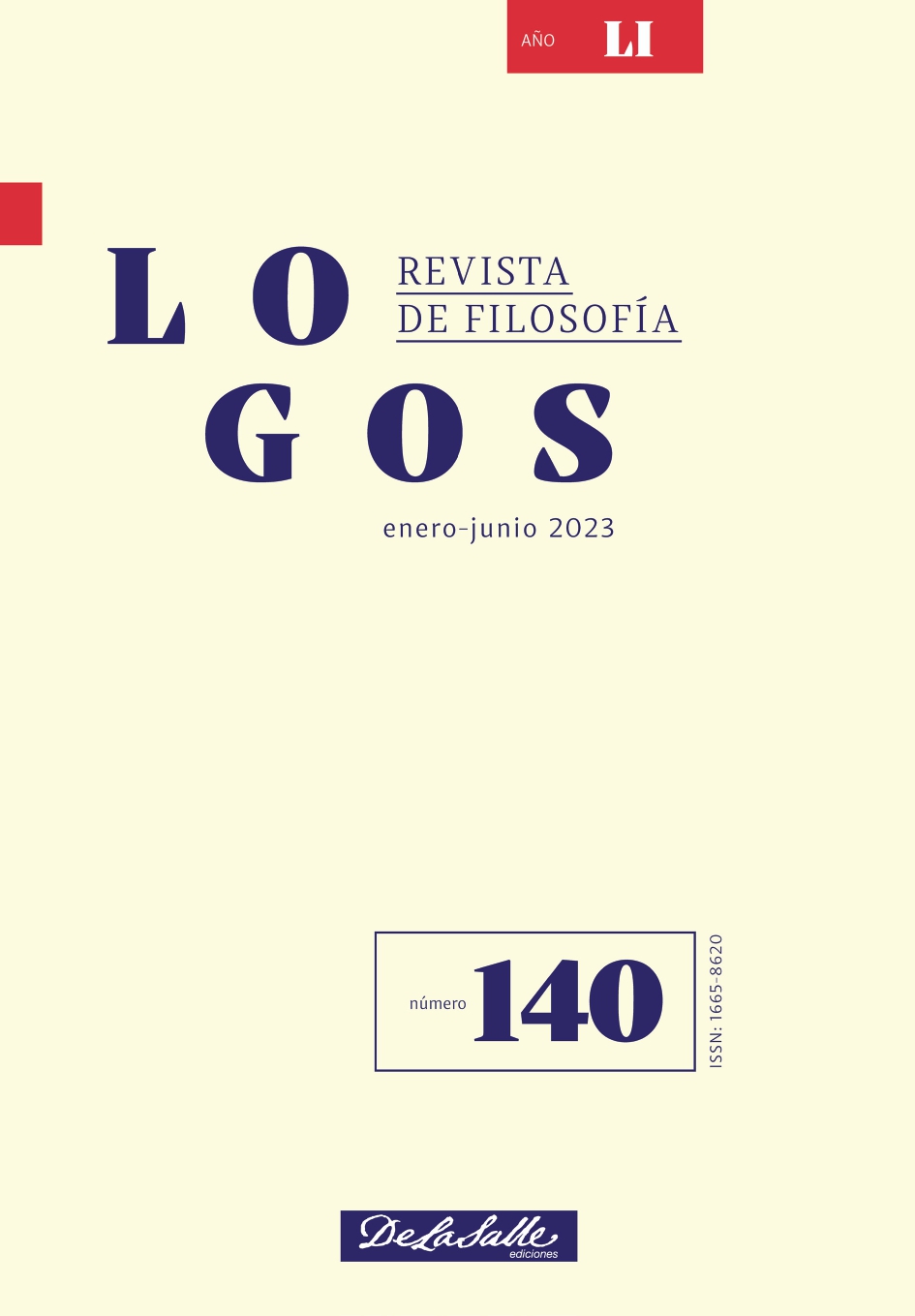The reasonable disagreement in a peer horizon
DOI:
https://doi.org/10.26457/lrf.v140i140.3628Keywords:
Desacuerdo, pares epistémicos, acionalidad, horizonte de paridadAbstract
The objectives of this paper are two: a) to integrate the notion of epistemic peers
in terms of the “peer horizon” into the debate on the rationality of positions in
disagreement; b) to argue that both the firm point of view and the conciliatory
point of view or the skeptic one are effective in the handling of our attributions
of knowledge. The alternation of these positions is a rational attitude, and such
positions depend on whether the disagreement is within the first, the second or
the third person. The conclusion is that the rationality of the choices about the
positions in disagreement rests on the strength of our character at the time of
undertaking certain discussions, either with other peers or with ourselves
Downloads
References
Carey, B. (2011). Possible disagreements and defeat. Philosophical Studies, 155(3), 371-381.
Carey, B., y Matheson, J. (2013). How skeptical is the equal weight view? En D. Machuca (Ed.), Disagreement and skepticism (pp. 131-149). Routledge.
Christensen, D. (2007). Epistemology of disagreement: the good news. Philosophical Review, 116, 187-217.
Christensen, D. (2011). Disagreement, question-begging, and epistemic selfcriticism. Philosophers’ Imprint, 11(6), 1-22. http://hdl.handle.net/2027/spo.3521354.0011.006
Elga, A. (2007). Reflection and disagreement. Nous, 41, 478-502.
Enoch, D. (2010). Not just a truthometer: taking oneself seriously (but not too seriously) in cases of peer disagreement. Mind, 119, 953-997.
Feldman, R. (2006). Epistemological puzzles about disagreement. En S. Hetherington (Ed.), Epistemic Futures (pp. 216-236). Oxford University Press.
Foley, R. (2001). Intellectual trust in oneself and others. Cambridge University Press.
Frances, B. (2014). Disagreement. Polity Press.
Goldman, A. (2001). Experts: Which ones should you trust? Philosophy and Phenomenological Research, 63(1), 85-110. https://doi.org/10.2307/3071090
Kelly, T. (2005). Epistemic significance of disagreement. En T. S. Gendler y J. Hawthonrne (Eds.), Oxford Studies in Epistemology Vol. I (pp. 167-196). Oxford University Press.
Kelly, T. (2010). Peer disagreement and higher order evidence. En A. Goldman y D. Whitcomb (Eds.), Social epistemology: essential readings (pp. 183-217). Oxford University Press.
King, N. (2011). Disagreement: what’s the problem? Or a good peer is hard to find. Philosophy and Phenomenological Research, 85(2), 249-272.
Luper, S. (2004). Epistemic relativism. Philosophical issues, 14(1), 271-295.
Matheson, J. (2015). The epistemic significance of disagreement. Palgrave Macmillan.


